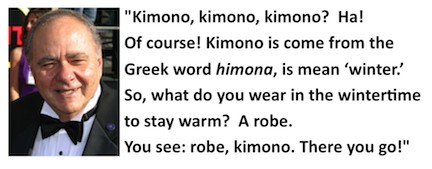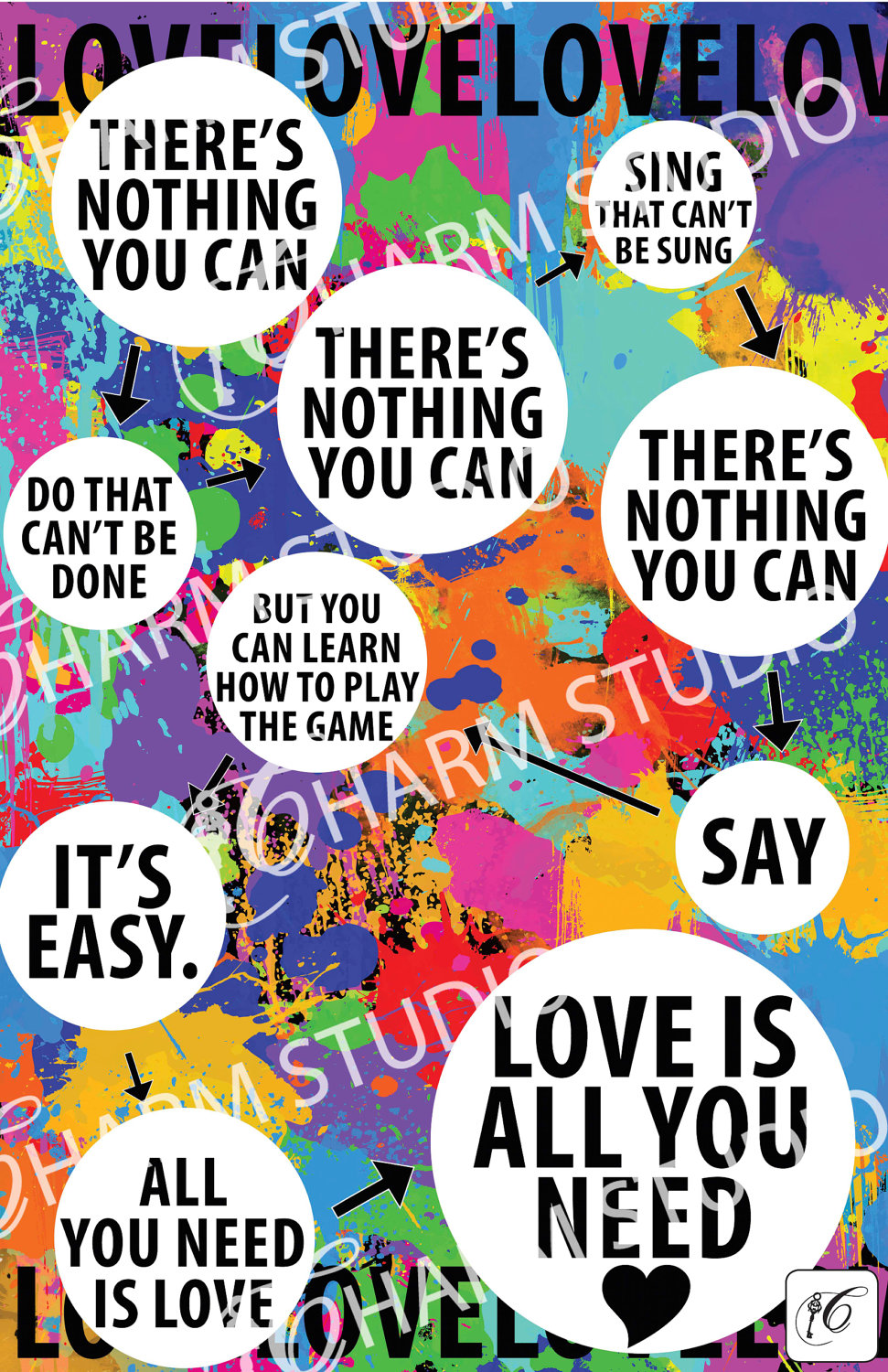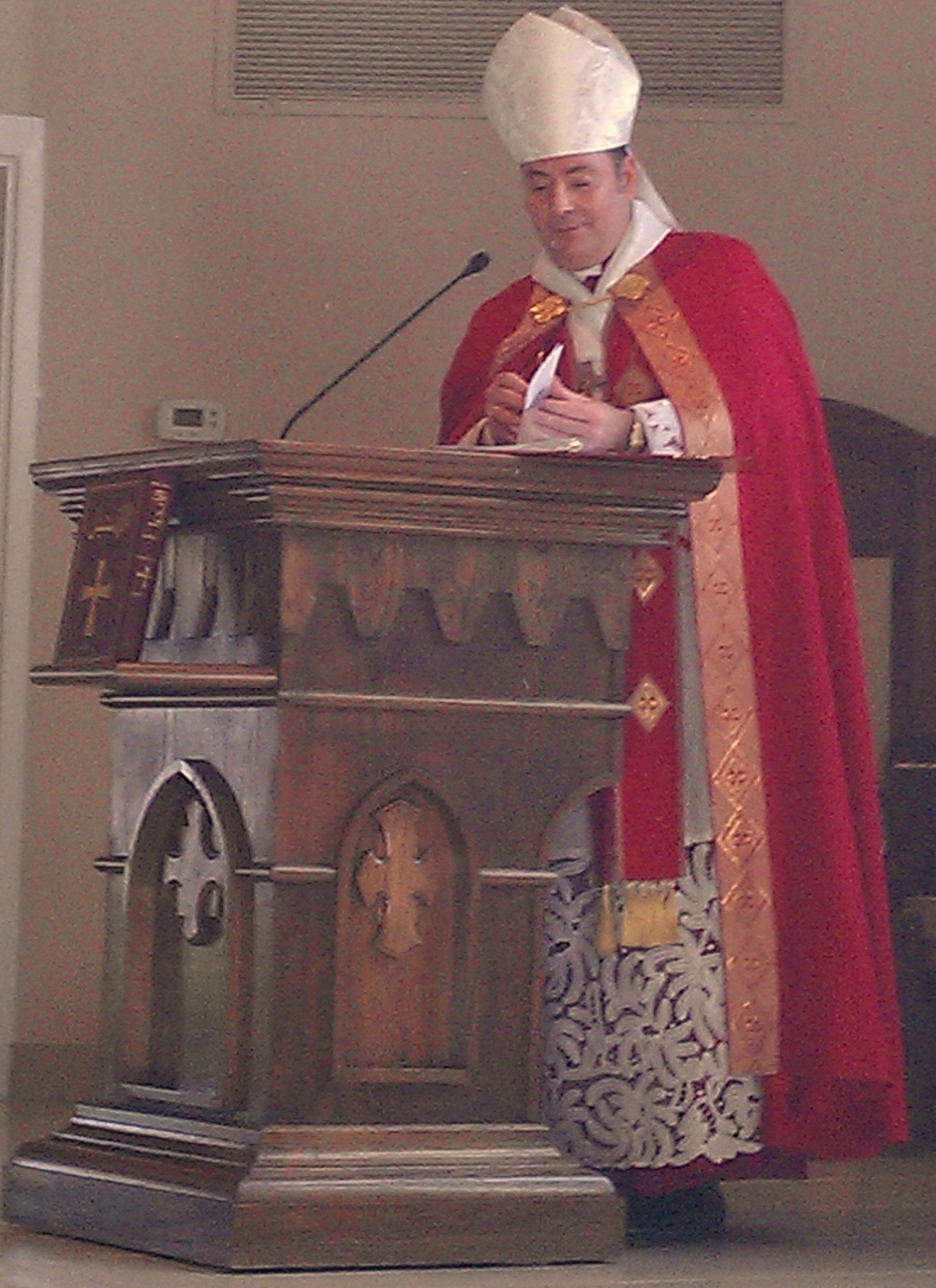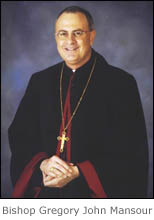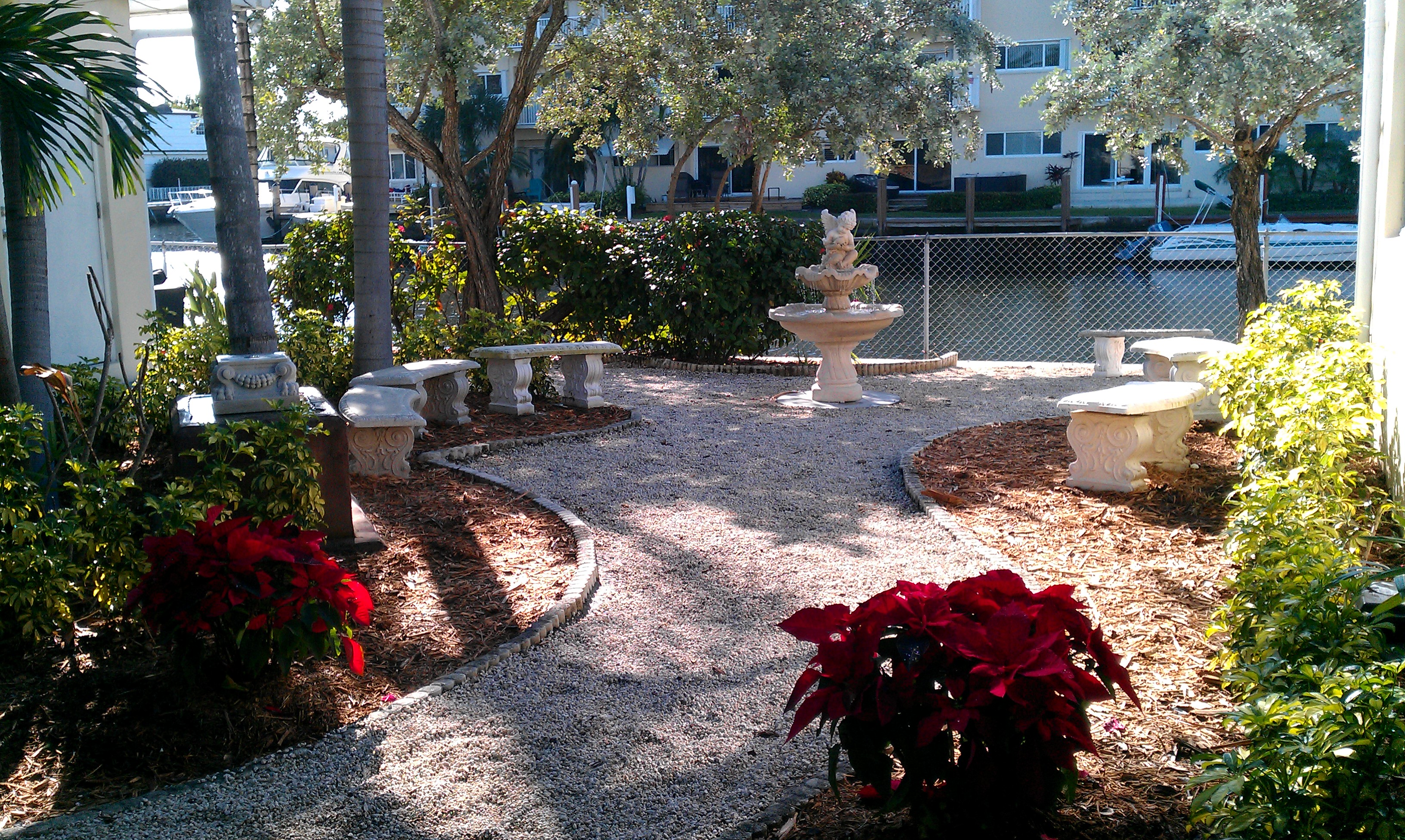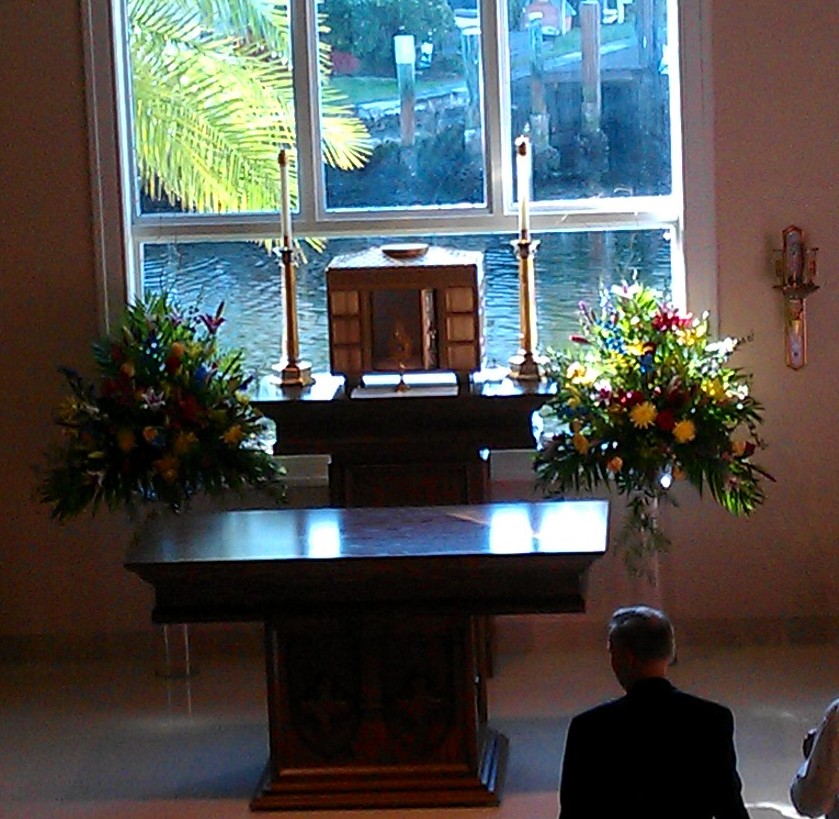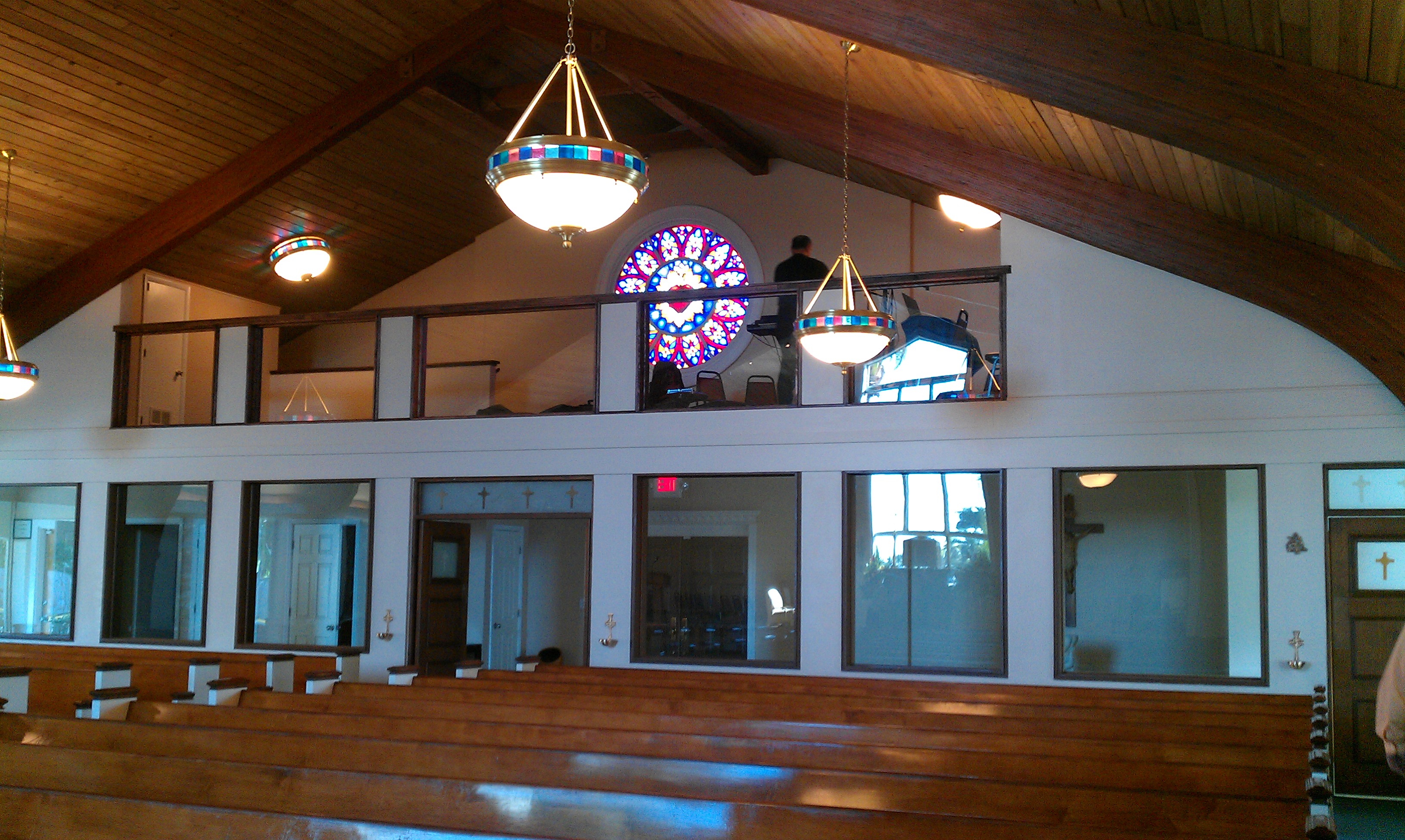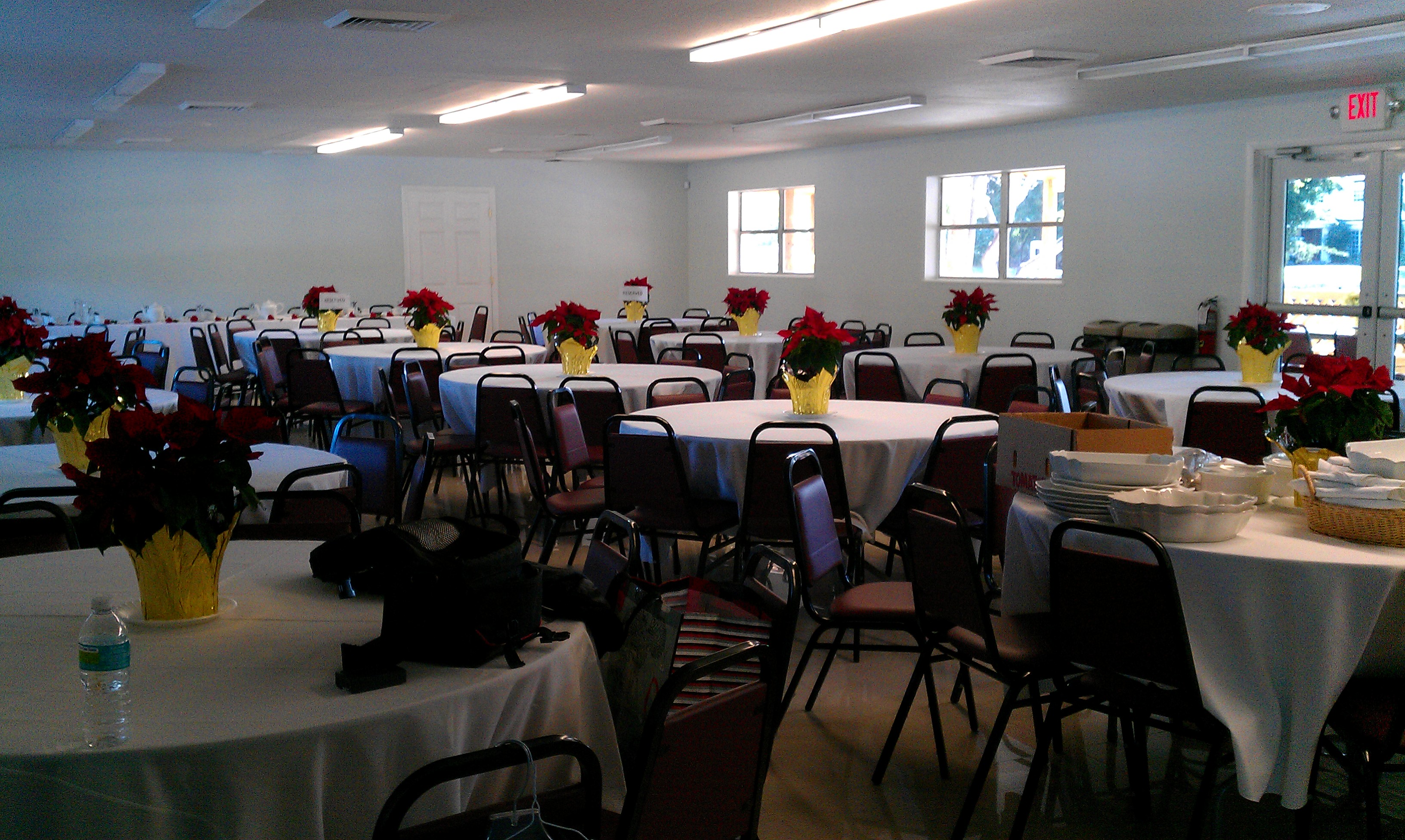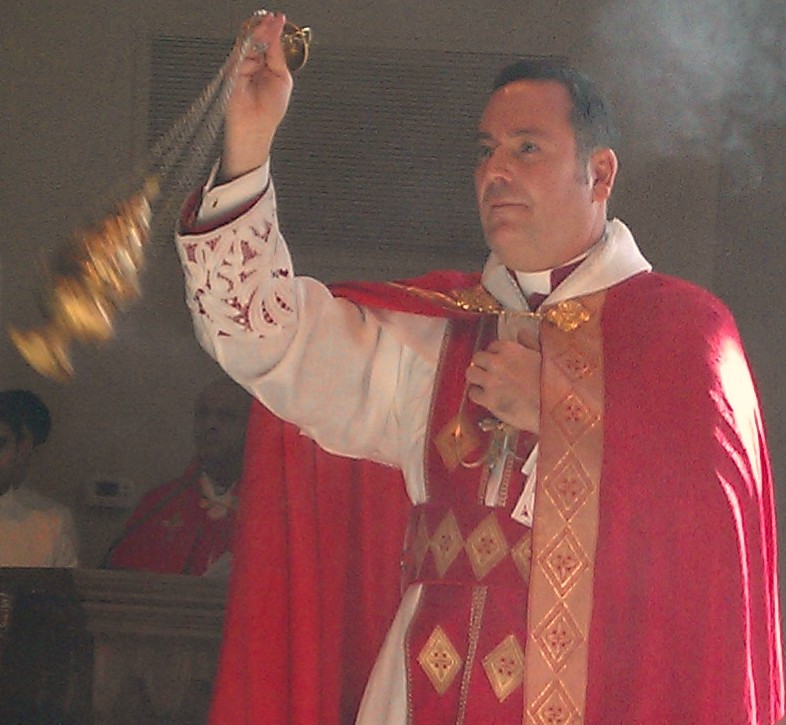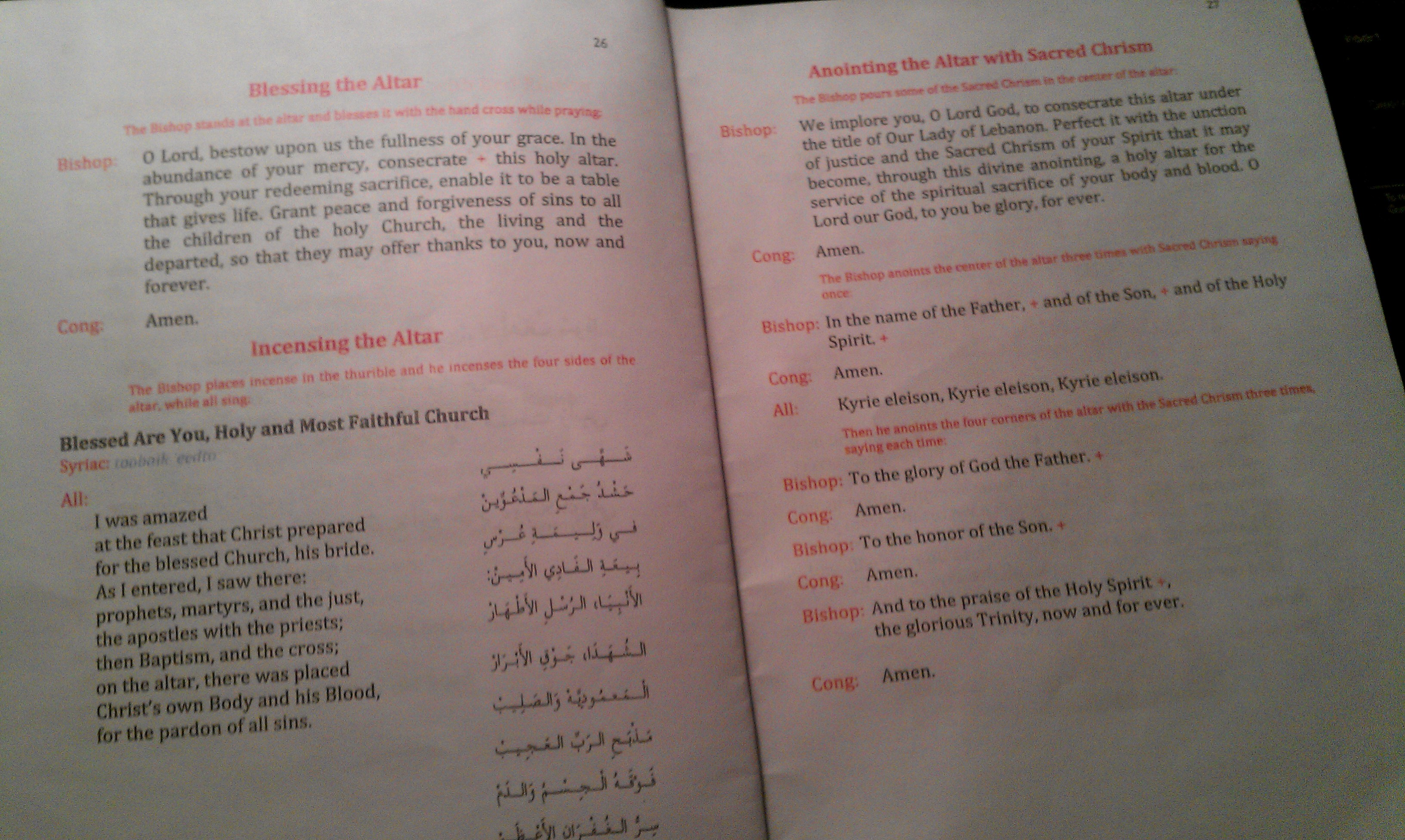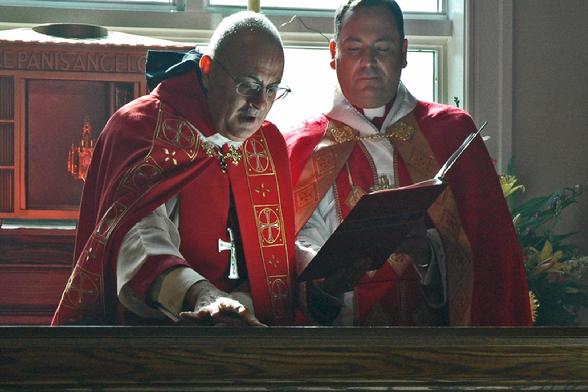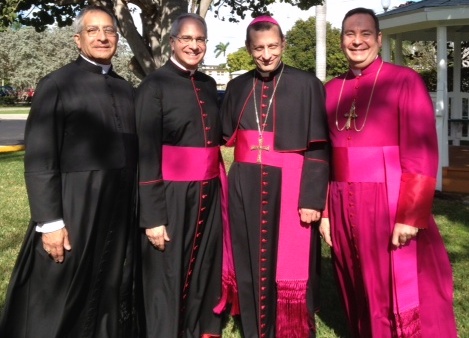Creative approaches: "Don't worry; I'll catch you."
Climbing BOSU Mountain
I spend a lot of time balancing on a BOSU, an acronym for BOth Sides Utilized. This little inflated rubber half-moon ball attached to a rigid platform bottom looks like an orb cut in half.
 When the dome of the BOSU faces up, the device provides an unstable surface with a stable bottom. When flipped over so that the platform of the BOSU faces up, the training device becomes very unstable.
When the dome of the BOSU faces up, the device provides an unstable surface with a stable bottom. When flipped over so that the platform of the BOSU faces up, the training device becomes very unstable. 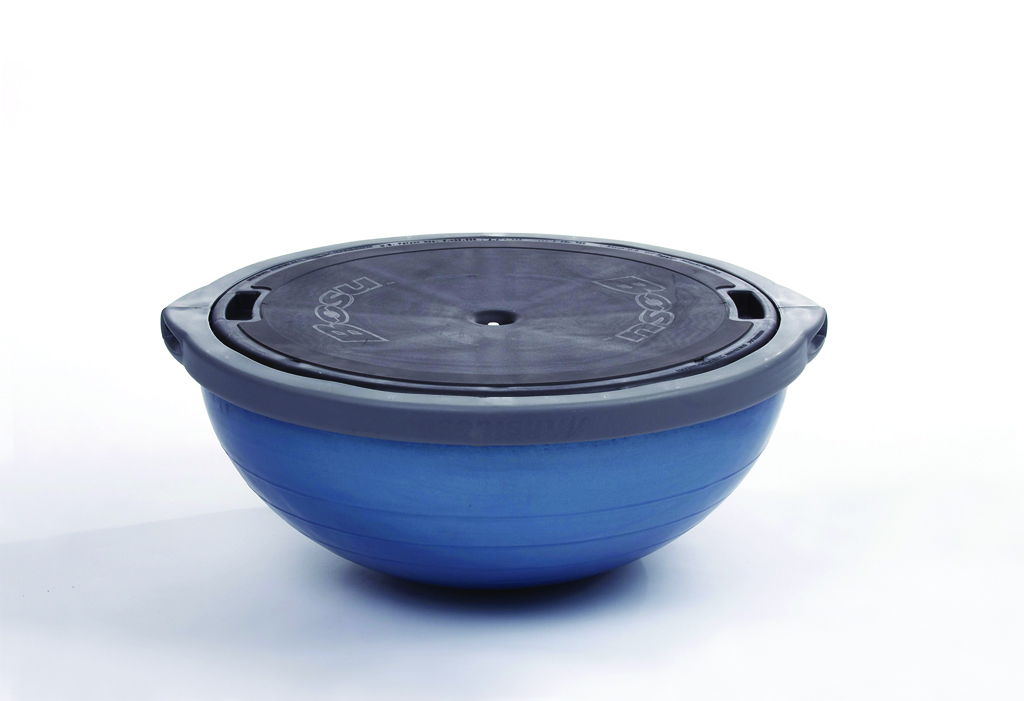 Either way, standing, squatting, lifting or any other exercise on the BOSU provides an opportunity for me to bump up my functional workouts by adding an element of instability. The BOSU forces me to use my core muscles and stay steady to support the lower regions of my broken spine. Core muscles act as stabilizers. By maximizing core muscles, my functional workouts reach their full potential. If I do not use core muscle, I will fall off of what I call BOSU Mountain. The BOSU workout improves my core strength and balance to prevent injuries and equip me to function with more flexibility and vigor in daily life.
Either way, standing, squatting, lifting or any other exercise on the BOSU provides an opportunity for me to bump up my functional workouts by adding an element of instability. The BOSU forces me to use my core muscles and stay steady to support the lower regions of my broken spine. Core muscles act as stabilizers. By maximizing core muscles, my functional workouts reach their full potential. If I do not use core muscle, I will fall off of what I call BOSU Mountain. The BOSU workout improves my core strength and balance to prevent injuries and equip me to function with more flexibility and vigor in daily life.
 When my functional trainer insisted that become acquainted and workout on the BOSU, I began with extreme trepidation. Afraid to lose my front teeth (and another disk) if I lost my balance and fell off the 'mountain', my trainer slowly eased my anxiety. He held my hands as I mounted the round side of this 'scary' training device. As I gained balance and became able to stand independently, he stood very close to me as he counted me through thirty squats holding a heavy weight in each hand. “Don’t worry, I’ll catch you,” he would say, providing me with a measure of safety until I felt strong and secure enough to climb BOSU Mountain on alternate workout days without my trainer. When I do work with the trainer, he constantly pushes me to climb to the next level of training on BOSU Mountain, stretching my goals so that I exceed my own expectations and level of endurance.
When my functional trainer insisted that become acquainted and workout on the BOSU, I began with extreme trepidation. Afraid to lose my front teeth (and another disk) if I lost my balance and fell off the 'mountain', my trainer slowly eased my anxiety. He held my hands as I mounted the round side of this 'scary' training device. As I gained balance and became able to stand independently, he stood very close to me as he counted me through thirty squats holding a heavy weight in each hand. “Don’t worry, I’ll catch you,” he would say, providing me with a measure of safety until I felt strong and secure enough to climb BOSU Mountain on alternate workout days without my trainer. When I do work with the trainer, he constantly pushes me to climb to the next level of training on BOSU Mountain, stretching my goals so that I exceed my own expectations and level of endurance.
Practice makes perfect
Diligence, practice and consistent work really do pay off. Do I always feel like going to the gym to work out? Absolutely not. Workouts are particularly difficult when I'm in a lot of pain. But I persist because I feel physically and emotionally better after workouts. They are completely worth my best effort, time and focus. I'm a better person, not only for me but for others. I've developed a daily habit that I really miss when I take a day off to rest and recover muscle tissue, another discipline necessary in the science of functional training. Six days of work and a day of rest. Sound familiar?
 Photo courtesy of www.compensationcafe.comI actually look forward to climbing BOSU Mountain and always add it to my daily resistance workout. Practice really does make perfect. The outcome results in building really strong core muscles, the building blocks that support all physical function. Some of those core muscles lay buried underneath other muscles and remain invisible to the eye. They need attention as much as they ones that show. By continuing to build core muscle strength, I gain balance, endurance and stability that equip me to be at my best for regular daily activities.
Photo courtesy of www.compensationcafe.comI actually look forward to climbing BOSU Mountain and always add it to my daily resistance workout. Practice really does make perfect. The outcome results in building really strong core muscles, the building blocks that support all physical function. Some of those core muscles lay buried underneath other muscles and remain invisible to the eye. They need attention as much as they ones that show. By continuing to build core muscle strength, I gain balance, endurance and stability that equip me to be at my best for regular daily activities.
Soul food
 Photo courtesy of www.aperfectworld.orgBecause a blast workout burns a lot of calories, I need to put food and water back into my body after a workout to maintain a proper balance of nutrients and replace what I lose and restore the muscles to recovery. The discipline of putting only what the body needs to function is a deal breaker in body building. Daily fasting becomes a way of life and regular meals. Eating small portions six times a day keeps metabolism up and burns more fat and builds more muscle than eating three full meals a day. Protein always wins. A rigorous fast of no food several times a month serves as a cleanser, purging the body's impurities and prepares it to receive new, restorative nutrients. One meatless meal equals two lesser meals. Sound familiar?
Photo courtesy of www.aperfectworld.orgBecause a blast workout burns a lot of calories, I need to put food and water back into my body after a workout to maintain a proper balance of nutrients and replace what I lose and restore the muscles to recovery. The discipline of putting only what the body needs to function is a deal breaker in body building. Daily fasting becomes a way of life and regular meals. Eating small portions six times a day keeps metabolism up and burns more fat and builds more muscle than eating three full meals a day. Protein always wins. A rigorous fast of no food several times a month serves as a cleanser, purging the body's impurities and prepares it to receive new, restorative nutrients. One meatless meal equals two lesser meals. Sound familiar?
Self-denial can be difficult but the benefits exceed the discipline. Good nutrition serves more than the body but acts as soul food for the interior life with the same result as a physical cleansing fast. When I fast, I relate to people who struggle, not just for food, but for good health, for meaningful employment, for supportive community. I 'resist' the culture of consumerism. My resistance, functional training cannot be just about me; I must attend also to the body of Christ that surrounds me whenever, however and wherever the opportunity arises. What I save in my non-consumerist lifestyle must serve the population that the Gospel attends with complete priority.
 Temptations arise. But avarice forfeits all my work in functional training and intentional fasting on the physical level and the spiritual level as well. That equates to building a really great home and burning it down immediately after you hold an open house.
Temptations arise. But avarice forfeits all my work in functional training and intentional fasting on the physical level and the spiritual level as well. That equates to building a really great home and burning it down immediately after you hold an open house.
Working the core muscles of spirituality
Just like those core muscles that lay buried underneath other muscles and remain invisible to the eye, interior prayer life needs a consistent functional workout to grow strong and achieve stability and balance. Venturing into the interior conversation of prayer equates to standing on a BOSU. We never venture alone. "Don't worry; I'll catch you." That requires trust building, a connection to the person of Jesus whose voice we can know without seeing as he becomes so well known to us that his voice is as close as our own heart. That kind of relationship requires as much work as my functional workouts. And which one of us isn't somehow broken when we come to Jesus? Let's face it: we're all working on becoming whole human beings, with the grace of God.
 One sided monologues that offer the other no opportunity to express thoughts, insights or opinions cannot be described as relational. In a functional workout, I need to really listen to my trainer with open minded willingness that allows him to access my progress and push me to the next level. And he listens to me with the same intentional openness. When I say, "I can't bend in that direction," my trainer understands that he needs to create a new way to work a particular muscle to accommodate my compromised spine. We learn from each other because we listen to the other. Listening with a generous ear and open heart employs the core muscles of a strong, stable relationship. So whose doing the talking in your conversations and who is doing the listening? Is it a balanced conversation or are you falling off of the conversational bosu in your prayer life?
One sided monologues that offer the other no opportunity to express thoughts, insights or opinions cannot be described as relational. In a functional workout, I need to really listen to my trainer with open minded willingness that allows him to access my progress and push me to the next level. And he listens to me with the same intentional openness. When I say, "I can't bend in that direction," my trainer understands that he needs to create a new way to work a particular muscle to accommodate my compromised spine. We learn from each other because we listen to the other. Listening with a generous ear and open heart employs the core muscles of a strong, stable relationship. So whose doing the talking in your conversations and who is doing the listening? Is it a balanced conversation or are you falling off of the conversational bosu in your prayer life?
 "Don't worry; I'll catch you.""Don't worry; I'll catch you," may be a good mantra as you begin a Lenten workout. Now is "acceptable time" to practice a health-driven, wellness-seeking, body of Christ-building spiritual workout that strengthens the core muscles of faith, hope and charity, the functional building blocks of every Christian.
"Don't worry; I'll catch you.""Don't worry; I'll catch you," may be a good mantra as you begin a Lenten workout. Now is "acceptable time" to practice a health-driven, wellness-seeking, body of Christ-building spiritual workout that strengthens the core muscles of faith, hope and charity, the functional building blocks of every Christian.
"A life like this calls for continuous exercise of faith, hope and charity. Only in the light of faith...can we see Christ in everyone, acquaintance or stranger." (Decree on the Apostolate of Lay People (Apostolicam actuositatem, 4. 18 November, 1965, Second Vatican Council.)
![]()
 Denise Morency Gannon
Denise Morency Gannon

